Growing Pains at Tokyo Disney Resort
Recently, we asked Should You Avoid Tokyo Disneyland & DisneySea for the Next Year?, which followed our Visiting Japan Near the Summer 2020 Olympics? post. I was also inclined to put a question mark in the title to this post, but figured that might be excessive.
The salient point of those previous two posts and now this one is that a lot at Tokyo Disney Resort is and will be in flux for the medium-term future, and we’re not totally sure how it’ll impact the guest experience. Previously, our commentary on these topics stemmed from a projected attendance surge driven by the Tokyo Summer Olympics, new attractions, and a rise in refurbishments ahead of those first two things.
The impetus of this post, which questions whether Tokyo Disneyland and DisneySea are experiencing ‘growing pains’ that might cause you to rethink your Japan travel plans? A reduced entertainment schedule and smaller calendar of seasonal events for 2020…
When Oriental Land Company released the 2020 calendar for Tokyo Disneyland and DisneySea, there were some conspicuous omissions. Notably, there’s no Easter or Summer Festival at Tokyo Disneyland, and no Tanabata Days in either park. Finally, there are no new seasonal parades or stage shows for either park, with Disney Christmas Stories returning to Tokyo Disneyland for an unprecedented sixth year.
This might not sound alarming to Walt Disney World or Disneyland fans, but Tokyo Disney Resort normally has a jam-packed calendar. In addition to the normal daytime parade and Dreamlights night parade, there is normally a seasonal parade presented at Tokyo Disneyland. (That’s right–three different parades per day!)
Although the holiday is not traditionally celebrated in Japan, Easter is a normally a huge, multi-month celebration at Tokyo Disneyland. It features one of the park’s best parades, great decorations, and delightful ear-worm music. Losing Easter entirely is a really big blow.
Christmas is likewise a great time to visit Tokyo Disneyland, with excellent decorations, attraction overlays, and more. However, the Disney Christmas Stories Parade is not among these highlights (at least in our estimation). Its predecessor–the vastly superior Santa Village Parade–lasted 4 years. Most Christmas parades prior to that were refreshed or replaced after a year or two.
Losing the Summer Festival is not as big of a blow. We loved the traditional decorations of Natsu Matsuri, but Donald’s Hot Jungle Summer (which debuted this year), didn’t have anything beyond a nighttime stage show and daytime smile and wave…with water.
The stage show was fun and it was cool to see such an offering in front of Cinderella Castle at night, but it’s not a huge surprise that Tokyo Disneyland isn’t bringing it back.
With that said, we’re inclined to give Oriental Land Company at least some benefit of the doubt. You might view that as hypocritical, as we’re often harsh on Walt Disney World and Disneyland when similar changes are made that could be construed as cuts. The difference between Oriental Land Company and Disney? OLC has earned our deference.
There are several valid reasons why spring and summer entertainment would be cut from Tokyo Disneyland. The first is the opening of Enchanted Tale of Beauty and the Beast, Fantasyland Forest Theatre, Minnie’s Style Studio, and the Happy Ride with Baymax, all of which debut as part of a huge expansion on April 15, 2020.
These additions, especially the mega E-Ticket Enchanted Tale of Beauty and the Beast, will likely be huge drivers of attendance. The new attractions will cause a spike in crowds and congestion throughout Tokyo Disneyland. It’s highly likely that OLC is eliminating Easter entertainment at Tokyo Disneyland for the year to preemptively ease that and avoid any problems.
The popularity of these new additions is unlikely to wane come summer, at which time the Tokyo Summer 2020 Olympics also could result in a second influx of tourists to Tokyo Disneyland. From the same perspective as above, it thus makes sense to not have entertainment. It should help in terms of crowd-flow.
Additionally, spring and summer entertainment solely in Tokyo DisneySea means that a lot of the local audience and Annual Passholder population will be drawn away from the tourist crowds swarming Tokyo Disneyland and into DisneySea. This counter-programming (of sorts) could help to better distribute attendance between the two parks.
However, these are charitable explanations that don’t cover everything. For one, there’s the total lack of Tanabata Days. This was/is a lovely offering for locals, but not flagship entertainment that causes tourists to book trips to Tokyo Disney Resort.
Second and more importantly, Fantasmic is ending at Tokyo DisneySea in March 2020.
Given the tight turnaround time, it seems highly unlikely that Fantasmic will receive an immediate replacement. If OLC’s goal were to draw crowds away from Tokyo Disneyland, nighttime entertainment is one of the best options for that. (It’s also worth noting here that Tokyo DisneySea retired the glorious Legend of Mythica five years ago, and still has not replaced it.)
For as long as we’ve been visiting, Tokyo Disney Resort has been known for its lavish, expensive, and frequently-changing entertainment offerings. As much as we’d like to “explain away” 2020 as an anomaly (and in large part, we still think that’s the case), it also seems that Tokyo Disney Resort is scaling back these offerings and shifting towards new attractions as a driver of attendance.
At least in part, this is unsurprising. The Fantasyland/Tomorrowland expansion in Tokyo Disneyland, and Soaring plus Fantasy Springs additions to Tokyo DisneySea will cost over $3 billion. These are staggering capital expenditures, on par with what Walt Disney World will invest in reimagining Disney’s Hollywood Studios and Epcot. It’s no surprise that OLC would want to offset some of this with lower operating expenditures.
Thankfully, one explanation that’s unlikely is OLC targeting different visitor demographics. This was my gut impulse before researching this article, but I’m now convinced that’s probably not the case. While Tokyo Disney Resort has seen a rise in overseas tourists (the vast majority of whom are from China, Korea, Taiwan, or elsewhere in Asia), these visitors still account for less than 10% of all visitors to Tokyo Disney Resort.
While that number is up exponentially in the last decade, it’s still modest when viewed as compared to the explosion of inbound tourism to Japan. Stated differently, Tokyo Disney Resort is seeing disproportionately low gains from Japan’s tourism boom. This might seem surprising, as Disney theme parks would ostensibly seem to be “touristy” destinations.
We’ve pontificated at length about Tokyo Disney Resort being one of the least touristy places overseas visitors can visit in Japan and that’s not really germane to the topic at hand, so we’ll spare you that. We will say this should be a relief for regular guests. More tourists means less of need to constantly refresh entertainment, as everything is new to one-and-done visitors.
Oriental Land Company has also indicated that leaning more heavily on tourists is only one of its medium-term goals, and not the main one. Rather, the top priority is to “foster medium to long-term fans (repeat guests),” which OLC ties directly to the aging population and declining birthrate (page 21).
This bodes well for seasonal offerings, as it’s the most effective way to cultivate a loyal fanbase of repeat and frequent visitors. (Also in that medium-term plan is discussion of increasing merchandise and food/beverage spending, and if past precedent is any indication, anniversaries/seasonal events are the most effective means for OLC to do that.)
Circling back to the titular question, I think all of this does point to growing pains, fueled largely by a mix of crowd concerns and reduced opex to partially offset increased capex. It is likely that Tokyo Disney Resort will not see its entertainment refreshed as regularly as in the past, but this is hardly a bold prediction given that it’s already been happening for several years.
Despite that, it’s unlikely that the 2020 cuts are reflective of any long term vision and strategic aims for Tokyo Disney Resort. New attractions are great, but entertainment and seasonal offerings are necessary to appease the fanbase. As the worldwide Disney resort most dependent upon locals and repeat visitors, more significant and lasting cuts are unlikely. In short, we’d expect Easter and Summer Festivals to both return to Tokyo Disneyland–probably in 2021.
These growing pains are something to keep in mind if you’re planning your first visit to Tokyo Disney Resort. However, there’s a strong possibility that we’ll see similar trends between now and 2024 (albeit with different offerings), so we wouldn’t discourage you from visiting on the basis of reduced or less frequently-refreshed entertainment. (We’re not thrilled about the 2020 lineup, but it won’t stop us from visiting.) Plus, if it’s your first time in Japan, it’s all new to you!
If you’re thinking of visiting Japan for the first time and are overwhelmed with planning, definitely check out our Tokyo Disney Resort Planning Guide. It covers much more than the parks, from getting there to WiFi to currency and much, much more. For more photos and an idea of what we did day-by-day during our first visit, read our Tokyo Disney Resort Trip Report.
Your Thoughts
What do you think about the 2020 calendar for Tokyo Disney Resort? Are you fine with a reduced entertainment lineup given the new attractions? Do you agree or disagree with our view that this likely doesn’t reflect a change of course for OLC? Any questions? Hearing your feedback–even when you disagree with us–is both interesting to us and helpful to other readers, so please share your thoughts below in the comments!
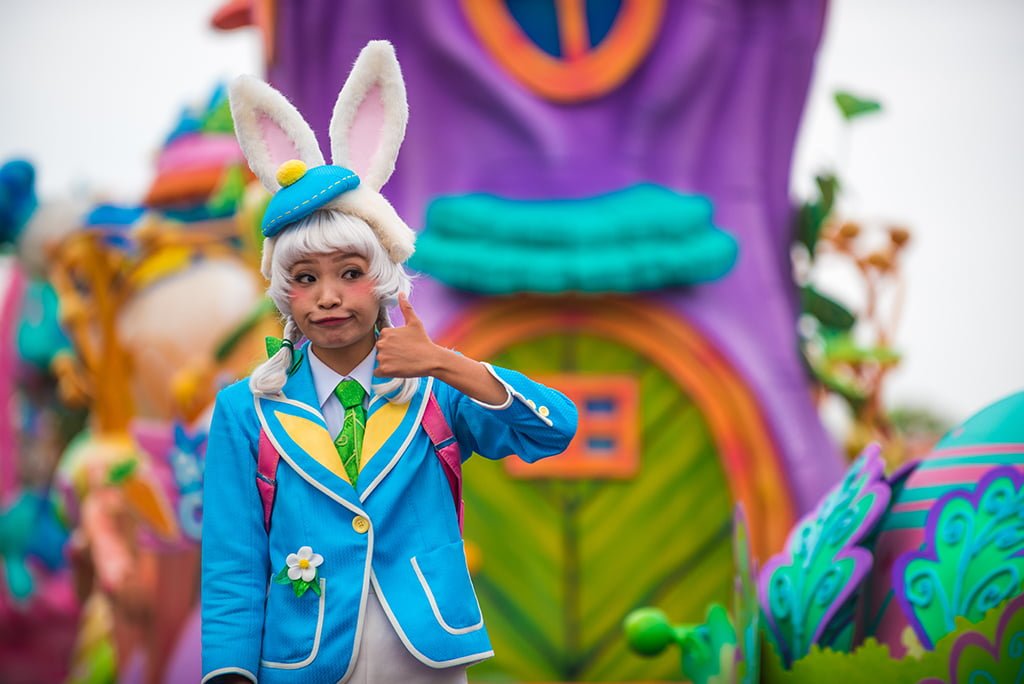
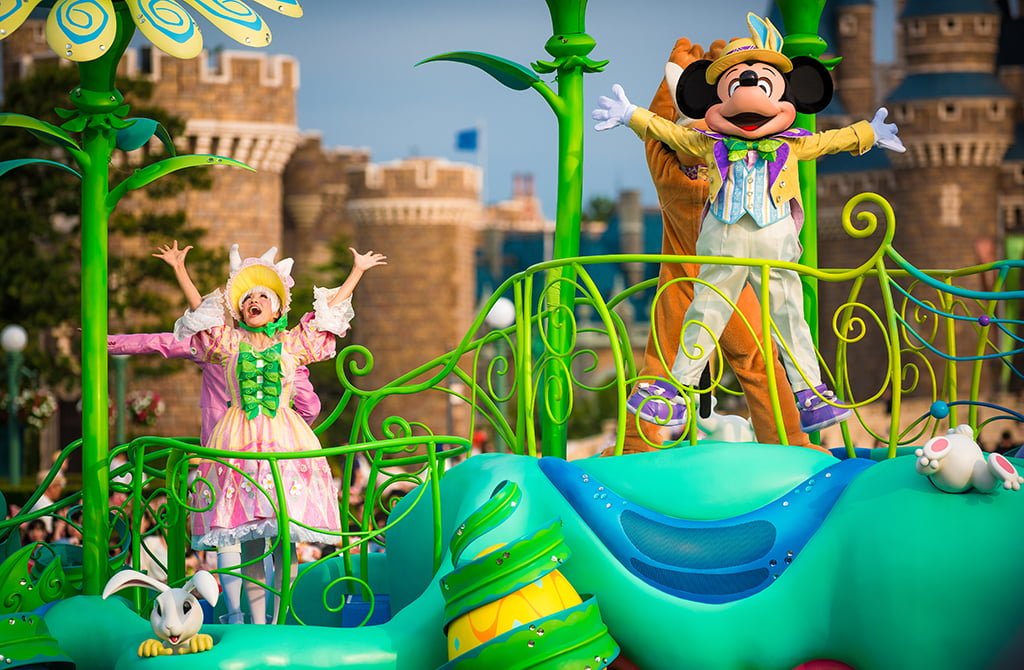
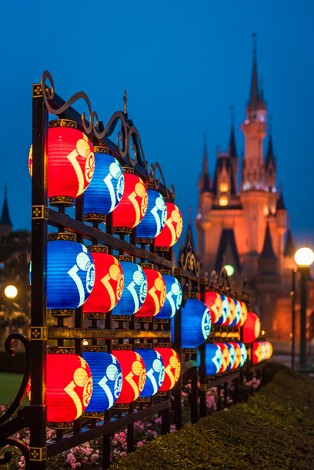
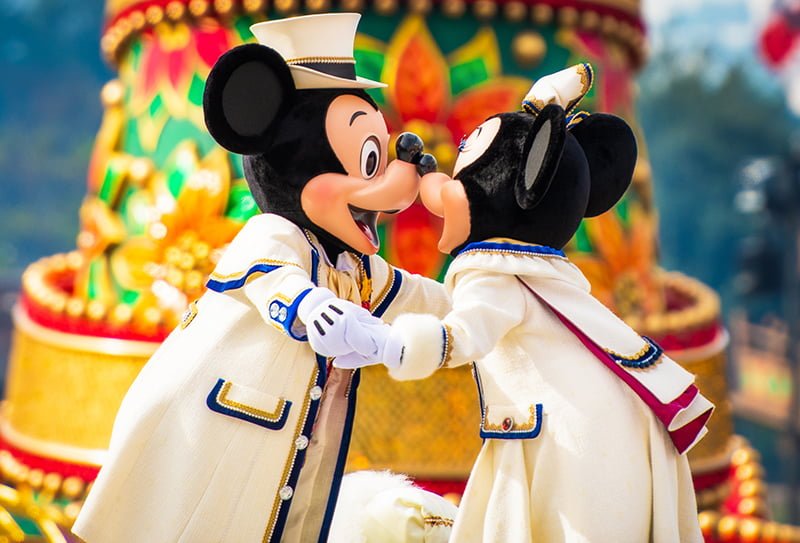
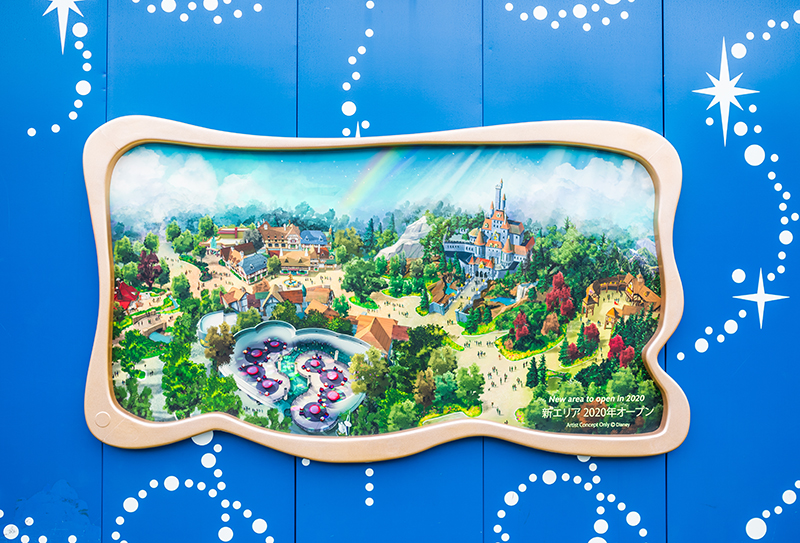
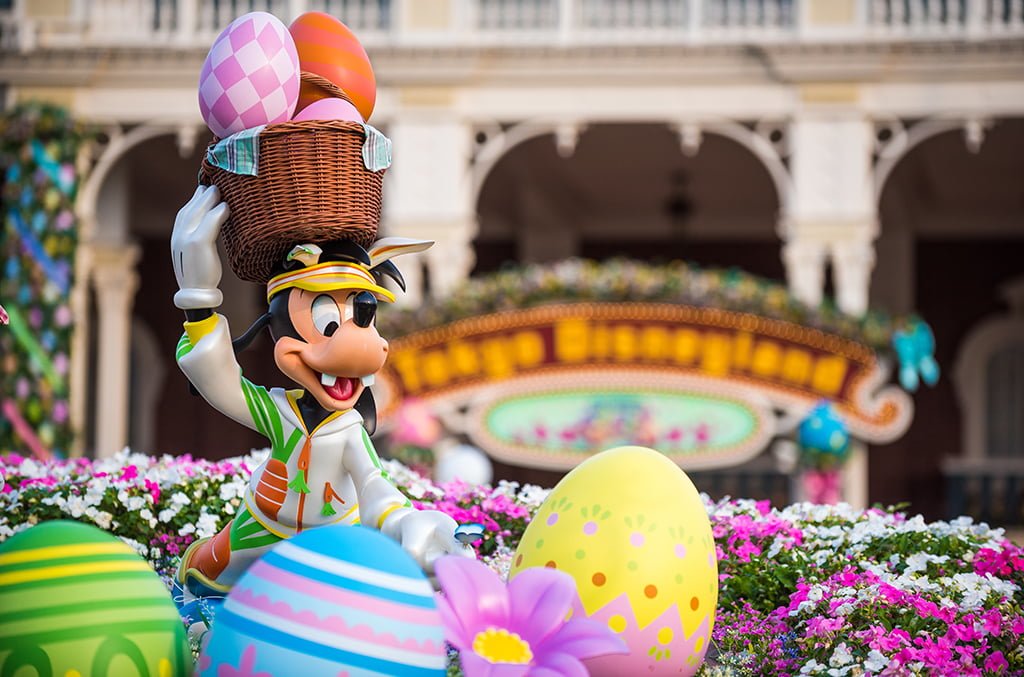
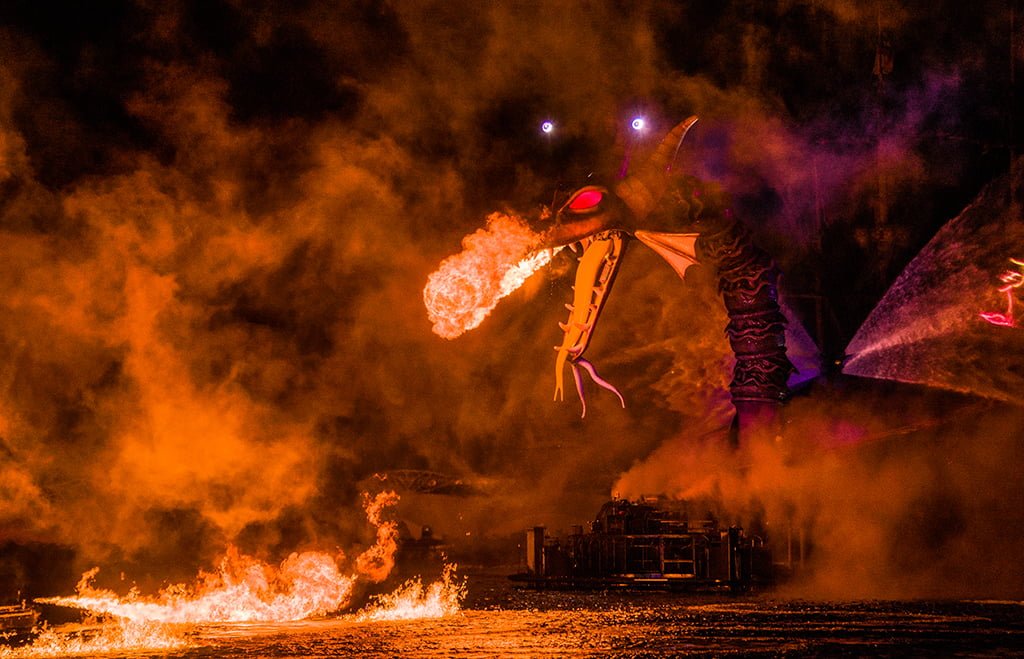
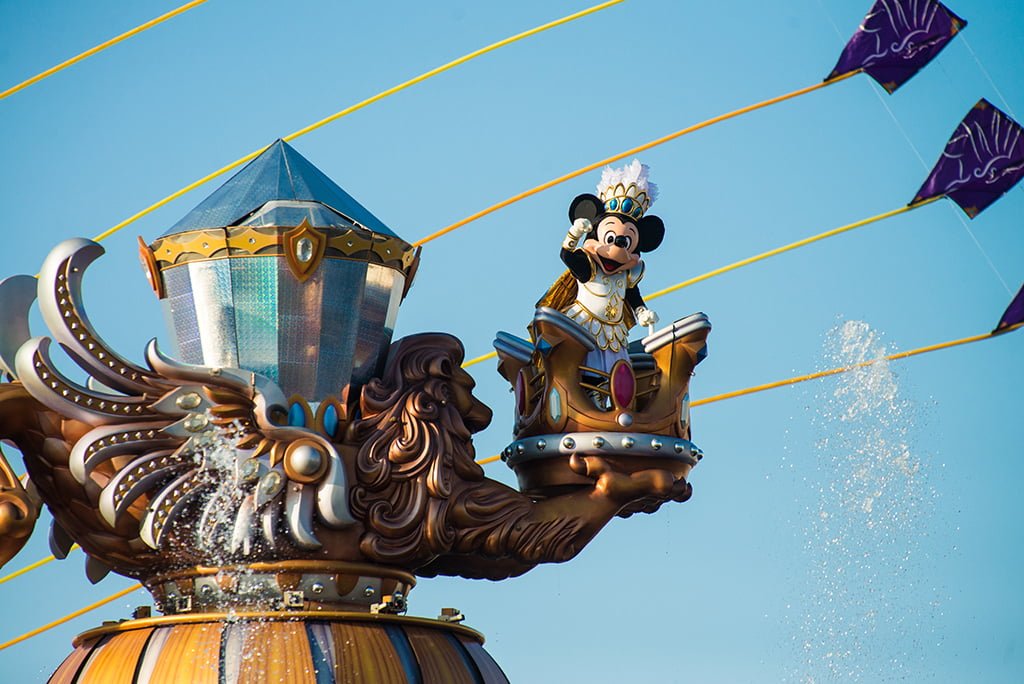
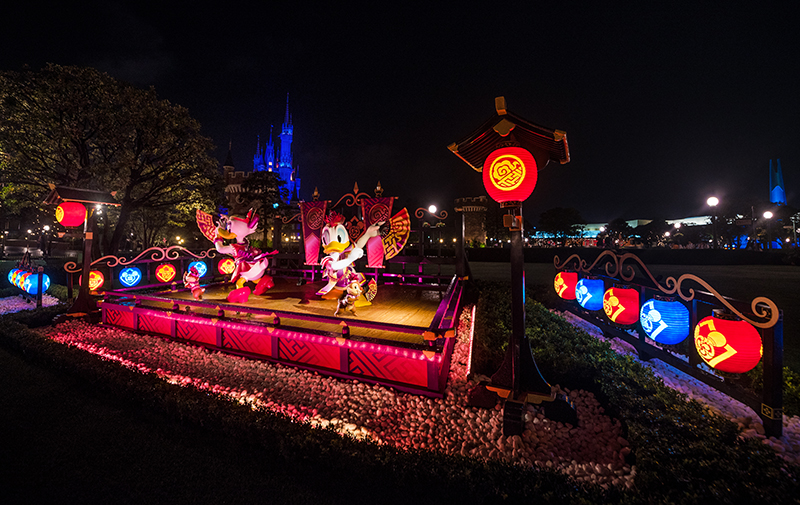
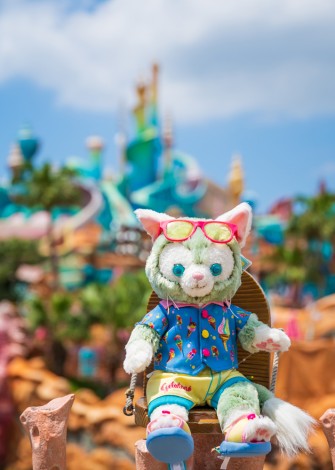
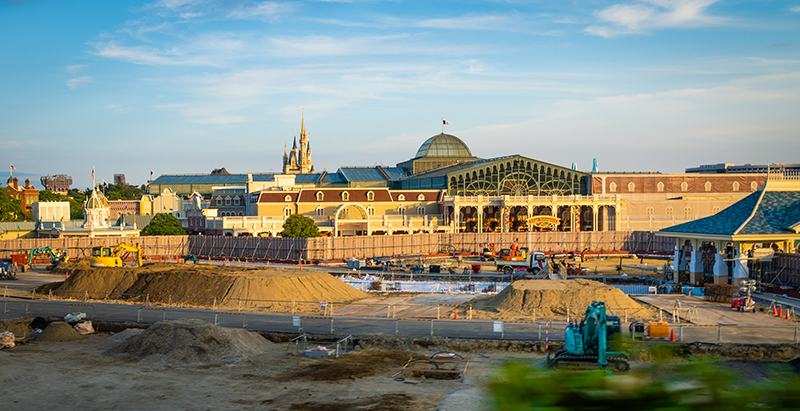
Hi Tom,
I looked at the link you gave to the OLC fiscal year info and its saying the Xmas 2020 wont start till 11/10….doesn’t that seem later than previous years? Last year we were there on 11/5 and xmas merchandise and decorations were up and I believe the first xmas parades started on 11/7!
Like several others who already posted here, I too am making a once (first?) in a lifetime trip to TDR this April. Very sad to hear about Fantasmic, I’ve seen the Anaheim one well over 100 times and was excited to finally see Tokyo’s version.
Headed to Tokyo and Tokyo Disneyland early April and had already planned to be there before they made the announcement of the new land opening…..should be an interesting time! Was kind of bummed there is not going to be a big thing for Easter however it isn’t really a big deal over all because we’re just excited to be there!
Hi Tom! Before the announcement of the new Fantasyland expansion, my family made plans to visit TDR for the first time April 21-23, 2020. I’m a bit anxious about the crowd levels, but we’ve already booked our flights so we’re pretty well locked in. What predictions or recommendations can you offer for that week?? (I’m debating purchasing a vacation package so we’re guaranteed some fast passes, but it’s so much more expensive–and inconvenient–than booking the hotel and park tickets separately!)
Hi Tom,
Great post as always. A quick question. My family and I will be in Japan early April 2020 for our first trip there ever (your blogs had nothing to do with that. I promise 😉 ) and we are very excited. It seems we’ll be at the parks the week before the opening of the new Belle ride and mini land. Would you know if Tokyo Disneyland does soft openings? Just wondering. It would be awesome to experience it but if we miss it guess it will be something to look forward to if we ever make it out there again. We are super pumped about going to Japan for the first time and TDR is just icing on the cake.
Thanks for all the work you and Sarah do on this blog. It’s always fun reading.
“Would you know if Tokyo Disneyland does soft openings?”
They’ve done extensive soft openings for most recent new attractions…except for Soaring, which is the most recent addition.
Personally, I’m expecting soft openings since this is a big project that appears to be ahead of schedule, but who knows–there might be last-minute delays that create a ‘race against the clock’ scenario, or OLC just might want to wait and have a splashier media event!
Hope your gut feeling is right. It would be awesome to experience it.
Thanks!
I enjoy watching those TDL/TDS seasonal shows on YouTube even though I cannot speak Japanese. Oh well, I’ll just have to watch the older years instead.
We just returned from a trip to Japan (inspired by your blog). I think that for occasional/first-time visitors like us, there is so much to see that the seasonal offerings aren’t a big deal. (We didn’t bother with the Halloween parade for example because we did both the daytime and nighttime parade.). That said, Tokyo Disneyland was not in particularly great shape when we went–tons of scrim around the park and the castle was not even lit at night. We don’t regret our timing because it’s what worked for us (and again there was so much new to us as first-time visitors that we didn’t mind–still a great trip–the one closure that stung the most was Journey to the Center of the Earth but even still we found DisneySea mind blowing), but if someone were planning a trip now and had the flexibility I’d definitely recommend waiting until Beauty and the Beast is finished.
As for us, we will probably wait to return until the Fantasy Springs expansion is complete. I’d love to go sooner but that’s unlikely for the next few years so I’d just as soon wait till it’s all done.
Having said all of that–not sure there’s a bad time to visit as we were blown away by the parks (even going in with high expectations and even with the construction) and absolutely loved it. If you can get decent priced flights the trip could be doable for about the same money as a Florida trip (from our location) and the Tokyo parks put the US parks to shame!!!
“Having said all of that–not sure there’s a bad time to visit as we were blown away by the parks (even going in with high expectations and even with the construction) and absolutely loved it. If you can get decent priced flights the trip could be doable for about the same money as a Florida trip (from our location) and the Tokyo parks put the US parks to shame!!!”
Agreed. This is why we aren’t holding off on returning to TDR until all of the refurbishment projects are complete. If we went to only one Disney destination per year, it’d be Tokyo Disney Resort–without question.
The calculus is different for someone planning a once-in-a-lifetime trip to Tokyo Disneyland. If I were only ever visiting once, I wouldn’t want it to be right now.
Yep. We traveled with friends who will likely never go back and I was bummed for them (but they still loved it). We’ll go back in 2023 and hope we can use the app in English by then (but is that a vain hope???).
Thanks for the insight Tom:) We’ve had our eyes on Tokyo for 2020 ever since 2016, and now it’s finally arrived. We are currently trying to pick between mid April and late June for our 12 day japan trip. Airfare has good pricing for both. I have two questions.
1. Do you recommend not going opening week of the fantasyland expansion (the only time in April we could go) and going in late June (where the heat is the biggest negative scaring us)?
2. What would be your best date guess for the opening of Super Nintendo world? Lifelong diehard Nintendo fan here and I don’t want to miss seeing it at universal japan. It’s supposed to open spring but that could mean a range of time, do you have a guess? And do you have a guess on when they’d announce it?
Sorry for the long winded post, love your blog to pieces and have been studying Tokyo Disney restaurant reviews & Kyoto itineraries (from travel caffeine) during my breaks at work. You (and Sarah) are the best.
1. I’d definitely do April. That puts you in the tail end of cherry blossom season, plus the days before the new stuff opens shouldn’t be bad. June is probably a safer bet in terms of crowds, but the weather is such a wildcard.
2. Sorry, I haven’t been following that closely enough to have any insight as to when it’ll open. If I had to guess, I’d say “before Golden Week.”
I’ve heard that the heat in June varies wildly, but we were there last year mid-June and it wasn’t bad at all, definitely not nearly Orlando level heat and humidity. Then again, I started my trip at Hong Kong Disneyland, which was miserably humid even on June 1st, so it’s possible anything would have seemed fine after that.
The weather will definitely be more pleasant in April. Keep in mind the Fantasyland expansion opens on April 15, 2020, so expect the park to be slammed. I would highly recommend staying at a Tokyo Disney Resort hotel so you could get in for the early 15-minute Magic Morning perk. It’s not one-hour, but 15-minutes will make a huge difference.
I went to Tokyo DisneySea in September as a non-resort guest. Even though I got in at park opening, FastPasses for “Soaring” were already gone (likely due to online reservations through the park’s app — which at the time is exclusively accessible for locals.) Standby lines were already at the 160-minute-mark by the time I reached the attraction and skipped it altogether since its similar to other versions of the attraction.
As Tom mentioned, June is a wildcard with the weather, and crowd levels might be insane since it’s right in the middle of the Olympics. But whichever time you choose, you’re going to love the resort!